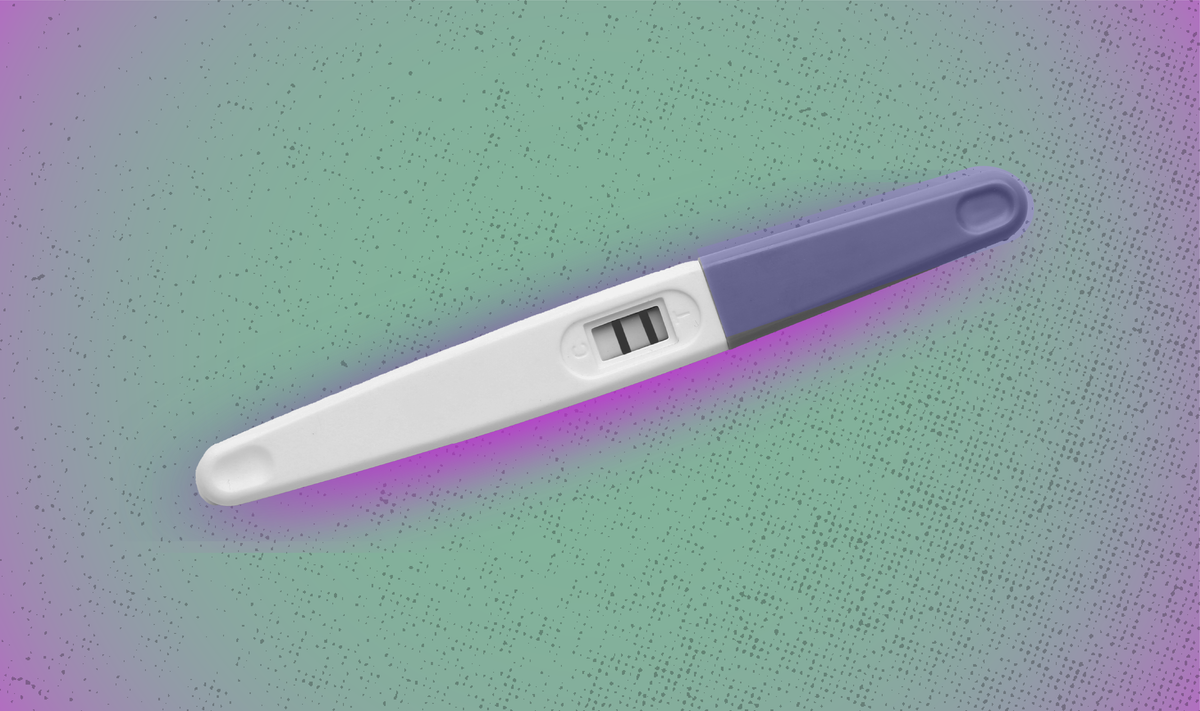Social media users share challenges with postpartum depression
Posts also discussed positive experiences with birth control and conflicting views on abortion bans.

Posts also discussed positive experiences with birth control and conflicting views on abortion bans.
This past week, a video clip of a reality television star discussing postpartum depression generated online conversation, with some commenters falsely suggesting that the mental health condition is not real. Other posts highlighted positive experiences with birth control, advocated for expanding access to birth control, and expressed conflicting views on abortion bans.
In light of these conversations, communicators may share information about PPD, outline the types of birth control and where people can access them, and recirculate information about local abortion laws.

Insights brought to you by the reporters and science writers of Public Good News (PGN), a nonprofit newsroom dedicated to improving community health.
What’s trending nationally in conversations about reproductive health:
On April 15, an Instagram account with nearly 3 million followers shared a video clip of a podcast interview with reality television star and social media influencer Deiondra Sanders, who discussed her experience with PPD. The post received approximately 1.1 million views, 25,900 likes, and 1,300 comments as of April 22. Many commenters said they had experienced PPD or supported a partner through PPD, and several acknowledged that men can also have PPD.
However, some comments falsely claimed that PPD is “not real” and that new parents should learn how to “deal with” emotions.
Two recent Reddit posts discussed IUDs. One asked about the insertion process and expressed concern about pain. Commenters shared their experiences, with many noting that the experience was painful but brief. They also highlighted different pain management options, such as topical lidocaine and lidocaine injections. Another post asked for “positive” birth control stories after seeing negative portrayals of birth control online. That post received more than 1,000 comments, which focused on the benefits of birth control. Reddit users shared their positive experiences with using birth control pills, shots, patches, and IUDs to prevent pregnancy and manage the symptoms of health conditions like polycystic ovary syndrome, endometriosis, and anemia.
On April 15, national media outlets highlighted a new Guttmacher Institute survey, which found that the number of clinician-provided abortions in states without total abortion bans increased by less than 1 percent between 2023 and 2024 and that the number of people traveling out of state for an abortion decreased slightly. However, the survey did not account for those who obtain medication abortions through telehealth providers, community networks, and foreign pharmacies. Experts quoted in an Associated Press article about the survey suggested that newer abortion restrictions may be preventing people from traveling to certain states for clinician-provided abortions and that some people may be unaware that they can travel out of state to access abortion. Articles discussing the survey’s findings were shared on Facebook, where some posts received thousands of views. While comments included typical debate about the ethics of abortion, those who support and oppose abortion found common ground, with commenters from both groups advocating for better access to birth control. However, some abortion opponents argued that abortion should be banned in all states since birth control is available.

Recommendations brought to you by the health communication experts behind Infodemiology.com.
Recommendations for public health professionals
Each week, the Infodemiology.com team will provide messaging recommendations in response to some of the trending narratives outlined above. These helpful tips can be used when creating content, updating web and FAQ pages, and developing strategy for messaging about reproductive health.
In response to conversations about PPD, messaging may emphasize that PPD is a serious, potentially life-threatening mental health condition that impacts about one in eight people who give birth in the U.S. Outlining symptoms and treatment options is recommended. Messaging may also note that new parents who did not give birth, including cisgender men, may experience PPD symptoms after a partner gives birth or after adopting a baby. Communicators may also want to share free and low-cost mental health resources for pregnant and postpartum people, including sliding scale therapy, support groups, local mental health centers, the National Maternal Mental Health Hotline, and the Postpartum Support International HelpLine.
Conversations about birth control provide an opportunity to highlight the types of birth control, their effectiveness, and how to access them. Communicators may also share information about pain management options for IUD insertion, as the CDC updated its guidance last year. Messaging may note that while birth control is very effective, no form of birth control is 100 percent effective at preventing pregnancy. Using condoms in addition to another form of birth control further reduces the risk of pregnancy. Condoms also protect against sexually transmitted infections.
As legal challenges impact abortion access across states, communicators may continue to ensure that all materials outlining abortion legislation in their state are up to date. Messaging may emphasize that it is legal to travel out of state for an abortion. Communicators may direct people to the National Network of Abortion Funds, which connects people to donation-based organizations that can help pay for abortions and associated costs, like travel and lodging. Communicators may also share the Repro Legal Helpline, which provides free, confidential legal services for people seeking abortions; Plan C, which offers information about accessing abortion pills in every state; and AbortionFinder.org, which directs people to reputable abortion providers.
